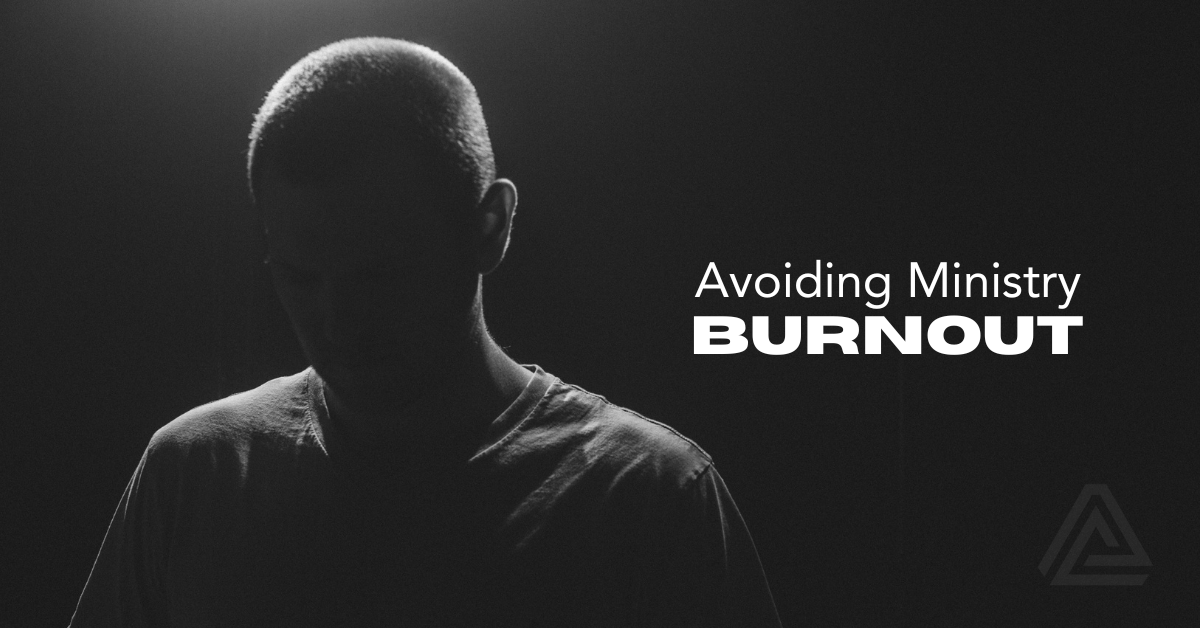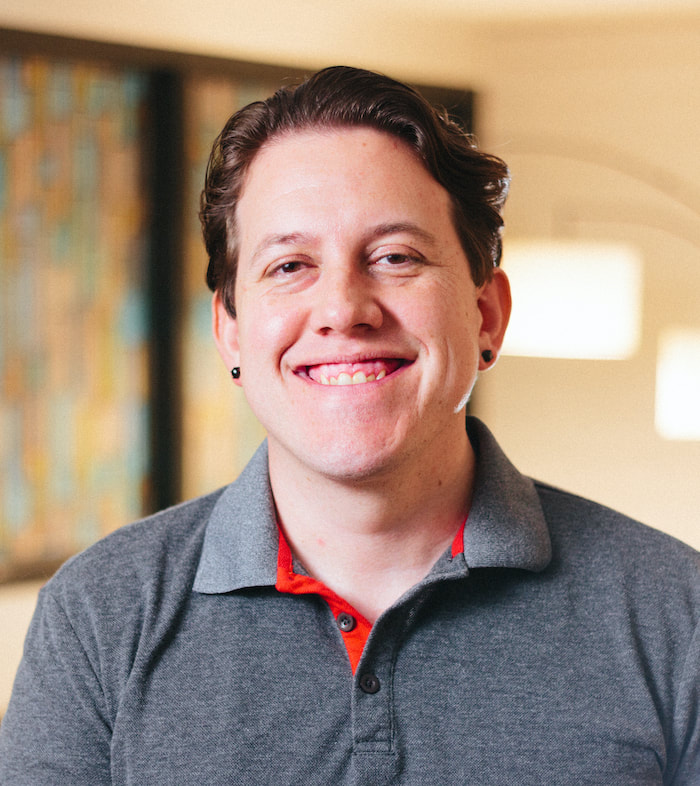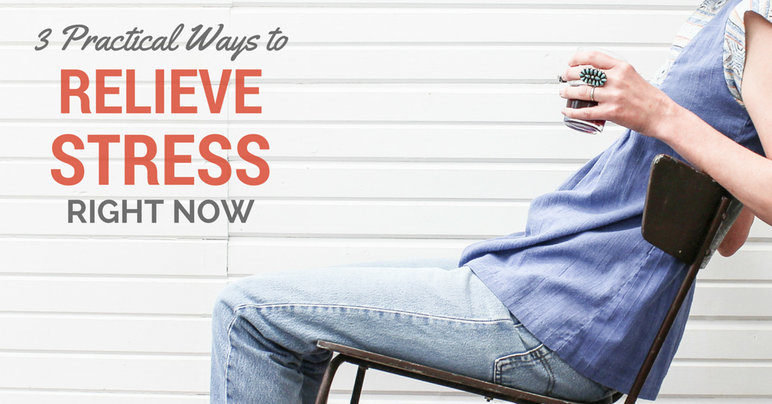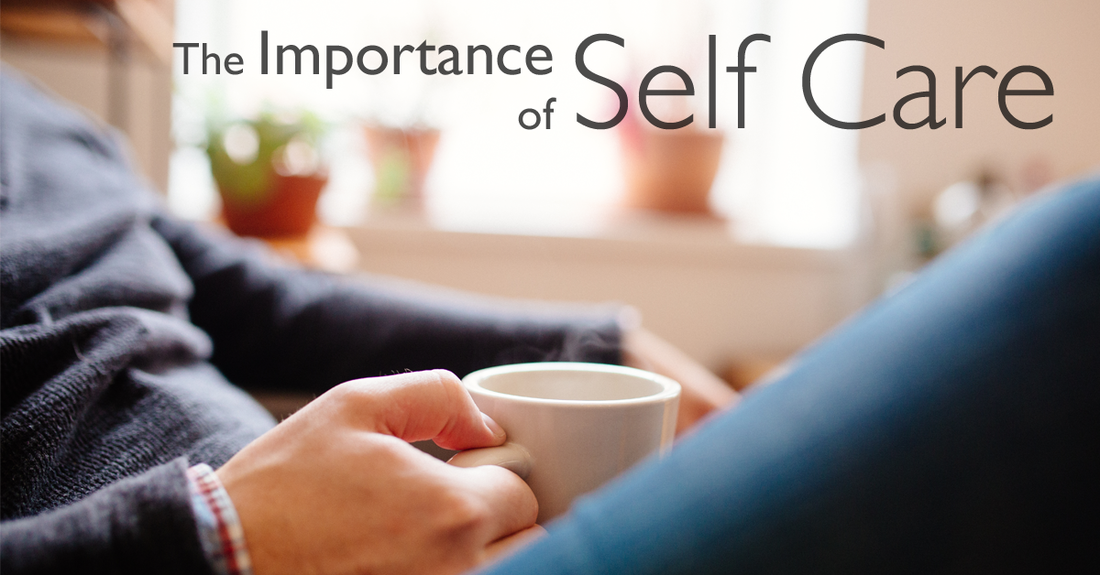|
I’ve counseled a lot of pastors over the years, which is a privilege, but can also be heartbreaking. Pastors are human, and they struggle with the same pressures that everyone does. Yet there can be an unspoken expectation that pastors have to be perfect. 1 Timothy 3:2 indicates that a leader should be “above reproach” and “must exercise self-control, live wisely, and have a good reputation.” Paul sets the standard high, and we are wise to follow his instruction, but we tend to drain all grace out of these guidelines. Apart from Christ, the New Testament doesn’t present spiritual leaders as flawless, even after they receive the Holy Spirit. Paul lost his temper and got into a disagreement with Barnabas that became so intense that they split ways (Acts 15:36-41). Peter turned away from those who needed the gospel in order to appease the in-crowd (Galatians 2:11-14). External pressure proved to be too much and they caved in. These examples are not an excuse for sin, but we need to be aware of external pressure so that we don’t give into internal temptation. With all of the pressure to perform, some pastors succumb to stress, burnout, and even scandal.
1. RestFind time for rest. While we don’t have to follow a strict observance of the Sabbath, the general principle is still beneficial and restorative. In the words of Christ: “’The Sabbath was made for man, not man for the Sabbath’” (Mark 2:27). I suggest resting daily, weekly, and every few months.
What should you do if you're on the edge?
Being a workaholic is one of the few addictions openly accepted (and even encouraged) by our culture. If you're feeling pressured, and it's having a negative impact on you emotionally, it might be time to step back and reevaluate your priorities. Here are some practical stategies you can implement in your life so you can find relief: 1. Schedule regular down time. Work is meant to be performed in rhythm with rest. Just as your body needs rest to recover each day, your emotional and relational life needs downtime as well. While the Sabbath is not rigorously prescribed in the New Testament, its principle and benefit still apply. According to Jesus: "The Sabbath was made for man, not man for the Sabbath" (Mark 2:27). It is to your benefit that you find time to rest. Being obsessed with success and overworking in one area of your life will take away success from other areas of your life. Look over your calendar and set aside a whole day where you can rest and relax. Don't check your email and don't make business calls that day. During the rest of the week, also set aside a few hours at the end of each day where you can recharge. Don't fill your downtime with watching television or browsing the net. Rekindle a hobby you were passionate about as a child, or discover a new one. Set aside time to read your bible, pray, meditate, and reflect. 2. Uncommit yourself. But what if you don't have the time to schedule a day off or have extra time to recharge? Well maybe it's time to look over your calendar and let go of certain commitments that have been filling up your schedule. I always suggest trying to come up up with five things you can delete from your weekly agenda. A good place to start is identifying commitments that are strictly voluntary and aren't required. Maybe it's too many church volunteer opportunities, or an extra work project you've taken on. I've attached a worksheet at the end of this article that can help you journal your thoughts and process any emotions that may hinder you from letting go. 3. Set boundaries. Stress doesn't just emerge from the amount of activiy one is doing, but also from getting entangled in other people's problems. Be careful when other people come to you to discuss their personal or work issues. While it's feels admirable to be supportive, the best thing you can do is encourage the person in their own ability to handle the problem. In Scripture, the Apostle Paul tells the Galatians to "carry each other's burdens" (6:2) but also that "each one should carry their own load" (6:5). There has to be a balance where you are willing to listen and help others, but also encourage them to own their personal issues—without taking responsibility for problems that are not your own. Investigate your life to see if there are other people who are leaning on you too much and are draining your emotional resources. Learn to set boundaries and don't be afraid to say "no," even when it's hard. In every decision, you have to say "no" to one thing in order to say "yes" to another. Do what is best for you, your family, and your relationship with God before taking on the world. Below is a printable worksheet, what I call an "Uncommitment Form" that guides you through the process of letting go of unnecessary commitments so you can be more successful in other areas of your life:
 Tres Adames, MDiv, BCPC provides Christian counseling in Peoria, Arizona for adults, teens, couples, and families. He specializes in helping those struggling with depression, anxiety, self-esteem, anger, addiction, codependency, and relationship issues. If you would like to contact Tres or set up an appointment, visit his contact page. This is a guest post by Mallory Pickering, a friend and fellow seminary alumnus of our director, Tres Adames. Mallory is currently serving as a hospice chaplain and bereavement coordinator in Flowood, Mississippi. Sometimes we feel anxious because we don’t see an end in sight to everyday demands. We experience stress because we aren’t sure how we will manage. It can be difficult to admit the fear of not being able to cope with the demands of life, much less take steps to address the anxiety. As anxiety is part of the human experience, these things are not meant to be cures, but tools. 1. Slow DownThink about the physiological and psychological impact of anxiety. The heart speeds up, the head races. We imagine negative situations and scan our brains to find possible ways to solve those worst-case scenarios in advance. We long to step into the future and exert the control needed to protect ourselves from pain or discomfort. We feel rushed to solve more and accomplish more. We think about getting through the next task and the next. We think anxiety will be relieved by achieving more—and sometimes it is. But not for the long-term. As counter-intuitive as it may seem, applying the brakes can be helpful when anxiety takes over. Slowing down is a way to reclaim your life and acknowledge your limits in a healthy way. When you’re anxious, take a breather. Put on the brakes and lean in. “You should sit in nature 20 minutes every day. Unless you are busy; then, you should sit for an hour.”--Zen saying 2. GroundingOne way to slow down is through a practice called “grounding.” The idea is to root yourself once again to the present time and place so that your preoccupation with the future diminishes. A helpful grounding technique is to awaken your senses one at a time. Press the pause button on your worry, and take a look around the room. What do you see? Close your eyes for a moment and focus your attention on the sounds around you. What do you hear? Now with your eyes remaining closed, focus on how your clothes feel against your body or on the temperature of the room. Have a peppermint and focus on its strong taste and smell. By reconnecting with your sensory experience of the world, you become aware of what’s actually happening and the “what-ifs” fade to the background 3. Thought Stopping Technique“Oh gosh. What if I don’t get [insert task] done?” “What if [insert person] doesn’t like me?” “What if nuclear war breaks out?” Nope. Cut it out. “What-if” questions are major time-wasters and stress-adders. Most of what we worry about doesn’t actually come to pass, and the mental energy we spend on worry could be better used in doing good to others and to ourselves. Tune in to your own internal dialogue. You will probably be surprised with how much of your thinking has to do with possibilities (and often negative ones) instead of concrete realities. When you practice stopping thoughts that contain negative possibilities, you’ll rob fear of its power. Learning to deal with what is right in front of you is your best chance at combatting anxiety. 4. The Next Right ThingThis has personally been one of the most helpful things for me when I’m experiencing overload. Instead of thinking about how to grapple with a hugely overwhelming situation or a major life change, ask yourself what to do next. What will you do with the next hour you are afforded? Make a list and a follow it. That way you are doing something productive to affect positive outcomes within the scope of power you do have. “Just do the next right thing, one thing at a time. That'll take you all the way Home.” -Glennon Doyle 5. SabbathJesus said, “The Sabbath was made for man, not man for the Sabbath.” (Mark 2:27) The Sabbath is a gift, and it’s one we need to reclaim, not in a legalistic way, but for the benefit of our human bodies, minds, and spirits. I try to make Sunday a day of rest and worship. Believe me, between the actual demands of life and our own self-created plans, the to-do list will never end on its own. We have to actively set aside time in our lives to recharge. Real rest is not about vegging out in front of the television. Sometimes we DO need something mindless to give ourselves a small break, but true Sabbath is about doing what gives you life. A good Sabbath may involve cooking or baking, writing or painting, getting outside, playing with your kids, and yes, a good Sunday nap. Also, taking a Sabbath rest doesn’t have to occur on a Sunday or Saturday. It’s not about the day of the week; it’s about carving out time for regenerative activities and self-care. Treat yourself to a mini-Sabbath every day if you can. We need margin and play in our busy lives.
In the summer of 2013, there was a shocking story about two life coaches who committed suicide together. What was ironic and sad was the fact that they hosted a radio show called "The Pursuit of Happiness." Apparently the two were a couple and the woman suffered from major depression. This tragic story highlights an important issue. Those of us in helping professions need to take care of ourselves as we help others. You can't give out of an empty cup. When I was in a counseling class in seminary, the professor told us that all pastors and counselors should seek counseling for themselves. I found that odd at first but immediately recognized the wisdom behind it. It's easy to ignore our issues when we are ministering to others. Not only is it unwise to bury our personal problems, it can lead to inefficiency. I think this is part of what Jesus was getting at when he said: "How can you say to your brother, ‘Let me take the speck out of your eye,’ when all the time there is a plank in your own eye? You hypocrite, first take the plank out of your own eye, and then you will see clearly to remove the speck from your brother’s eye." (Matthew 7:4-5) You are responsible for yourself. It's obvious that Jesus is speaking to those who have a blatantly critical attitude but it's amazing how a lack of self-awareness can cloud the best of our intentions. It's so easy to hide our insecurity behind the busyness of taking care of others. We can't help other people with their problems until we own ours first. If we don't take care of ourselves spiritually, physically, mentally, and emotionally, we will be ineffective in our attempt to help others. Even worse, we can burn out. We can't see clearly as we minister to others until we allow the Holy Spirit to take the plank out of our own eye. How do you find time to take care of yourself? Subscribe to My Newsletter
|
Article Topics
All
Archives
July 2023
|
||||||||||||||||||||
We're ready to help. Let's begin.
Peoria LocationInside State Farm
9299 W Olive Ave Ste 212 Peoria AZ 85345 |
Phoenix LocationInside CrossRoads UMC
7901 N Central Ave Phoenix AZ 85020 |
About |
Services |
EducationPrograms
ACPE Spiritual Care Specialist Pastoral Counseling Apprenticeship Deconstruction Course Free Grief Training Contact |
We're ready to help. Let's begin.
© 2024 Prism Counseling & Coaching. All Rights Reserved.
Christian DISC® is a registered trademark of Prism Counseling & Coaching.
Christian DISC® is a registered trademark of Prism Counseling & Coaching.









